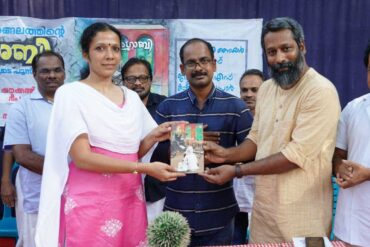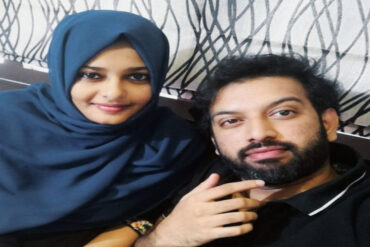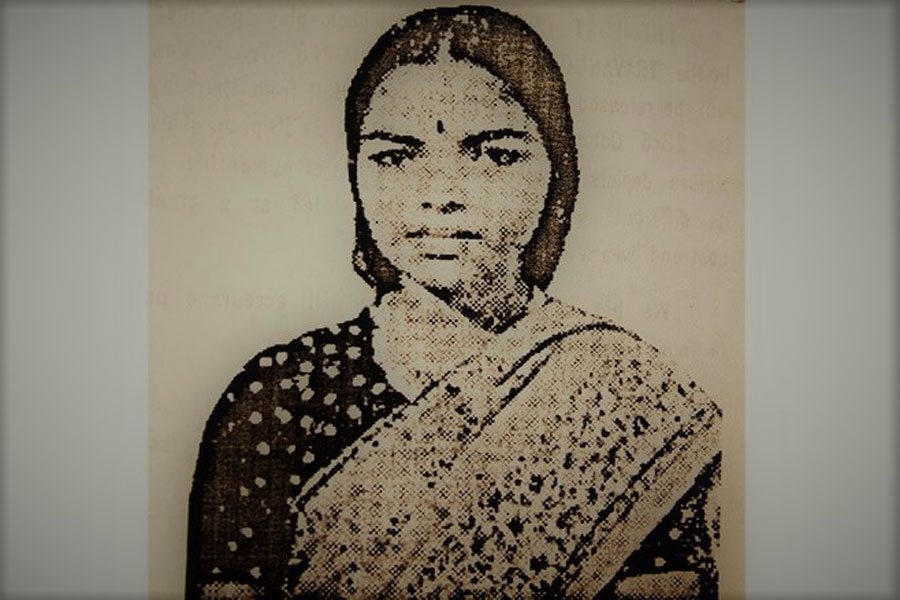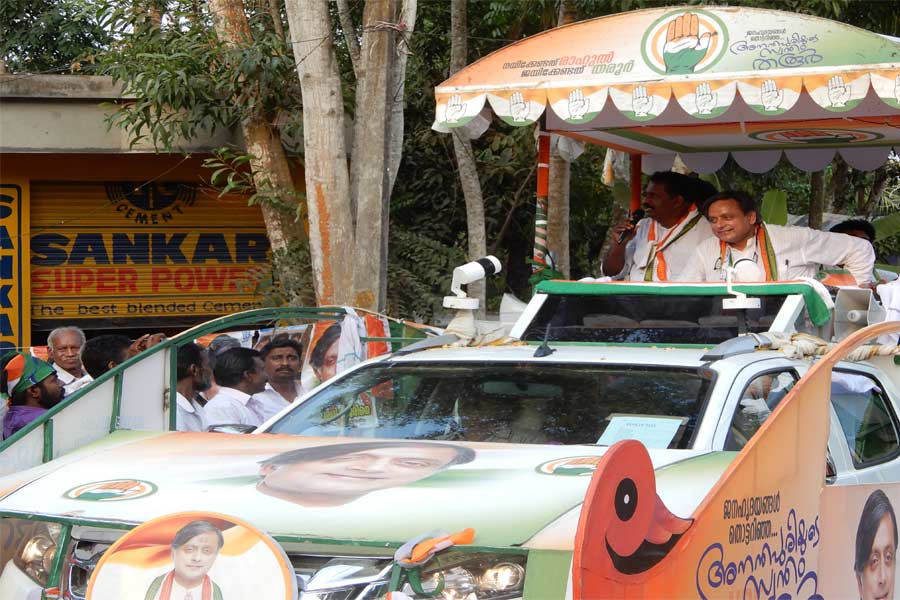The naming of monuments after cultural icons of marginalized communities can trigger vibrant debates. This is a progressive act by itself to honor icons of every section of our very diverse but unequal society.
Recently, the Victoria Jubilee Town Hall (VJT Hall) in the heart of Thiruvananthapuram city was renamed as Mahatma Ayyankali Hall. Earlier, the Centre for Dalit Studies at Sree Sankara University, Kalady was named after Dakshayani Velayudhan, who was the first and only woman from among the Dalits to be elected to the Constituent Assembly.
But, such acts are also dubbed as tokenism. When the issues raised by Mahatma Ayyankali are not addressed, mere naming or renaming of a public monument in Ayyankali’s name may not cut much ice with a resurgent Dalit community. Similarly, when the constitutional safeguards like reservations are openly flouted by various governments, merely naming a university study centre after Dakshayani Velayudhan may not make a difference to the marginalized community.
However, the decision by the Women in Cinema Collective (WCC) to name their film society after P K Rosy, the first female actress of Malayalam Cinema, is indeed a welcome initiative.
The horrific story of P K Rosy
P K Rosy lived during the times when it was not decorous for women to act in movies or do theatre—leave alone a Dalit woman daring to transgress the fault lines of social etiquette to endure the birth-pangs of the Malayalam film industry. Yet, her glorious tale of defying the taboos of her times was not recorded as a chapter in the much touted social renaissance of Kerala. Just a frame from the first ever Malayalam movie Vigathakumaran (lost child) survives as of today. Both the person, P K Rosy, as well as her legacy, have been nearly erased from the portals of memory and history.
Vigathakumaran, a silent movie, was directed by J C Daniel in the state of erstwhile Travancore in 1928. The story goes that at the premier of the film Vigathakumaran at Capitol Theatre in Thiruvananthapuram, P K Rosy was asked to keep away by director J C Daniel fearing a furore. There’s very little known of her except that she was a Dalit Christian woman and in a daring she had crossed both gender and caste barriers to don the role of a ‘Savarna’ woman. At the P K Rosy Film Society inaugural function recently, Mridula Devi Sasidharan, Editor of Padabhedham and Dalit Activist, said that even J C Daniel was chased away from the theatre—so great was the anger against such a caste transgression.
The very next day, Rosy’s home was burnt down and her family had to flee. Her story was first pieced together almost forty years later by film critic Chelangatt Gopalakrishnan. Rosy was apparently rescued by a lorry driver from the Nair community, Kesavan Pillai, and taken across the border to Tamil Nadu to Nagercoil where she later married Pillai. She changed her name and lived as Rajammal completely obliterating her previous identity.
P K Rosy’s legacy
There are two dimensions to the struggle when we engage with the story of P K Rosy: first is that she endured indomitable hardships in her lifetime and secondly, the struggle to establish her posthumous legacy is also a humongous ordeal considering the lack of written material and caste prejudice surrounding her.
The grandchildren of P K Rosy, too, refuse to acknowledge her Dalit lineage since they currently navigate their immediate surroundings draped in the camouflaged Nair identity. This assumed identity of theirs severely hampers efforts to restore her legacy.
It was an uphill task to reinstall P K Rosy in the mainstream of popular imagination—Kunnukuzhy S Mani (Social Historian) and Baby Thomas (Film Maker and fiction writer) had done their bit by writing books, organizing seminars, in addition to holding demonstrations at International Film festivals demanding that Kerala State Film Akademi acknowledge P K Rosy and name the award for the best debutante actress after her. It was the release of the film Celluloid which ignited interest in her story.
The only biographical book that exists now is a small booklet titled P K Rosy by Kunnukuzhy S Mani and a novel titled Nashta Nayika (The Lost Heroine), authored by Vinu Abraham. The English translation of this novel by C S Venkiteswaran has been commissioned by Speaking Tiger Press. Director Kamal has cited both these sources in his movie Celluloid that had swept all the state awards in 2012.
Biju Govind, nephew of P K Rosy has welcomed the naming of a Film society in her name. Govind had once met her when he was a class seven student and vividly remembers the meeting. He is the Managing Director of P K Rosy foundation, one of the very few cultural foundations operated by a Dalit collective.
WCC in a release said, “This act of naming our film society a P K Rosy Film Society is an attempt to be sensitive and to take note of all those who have been excluded from dominant cinema histories through their gender, caste, religious or class locations and our own imagination.”







